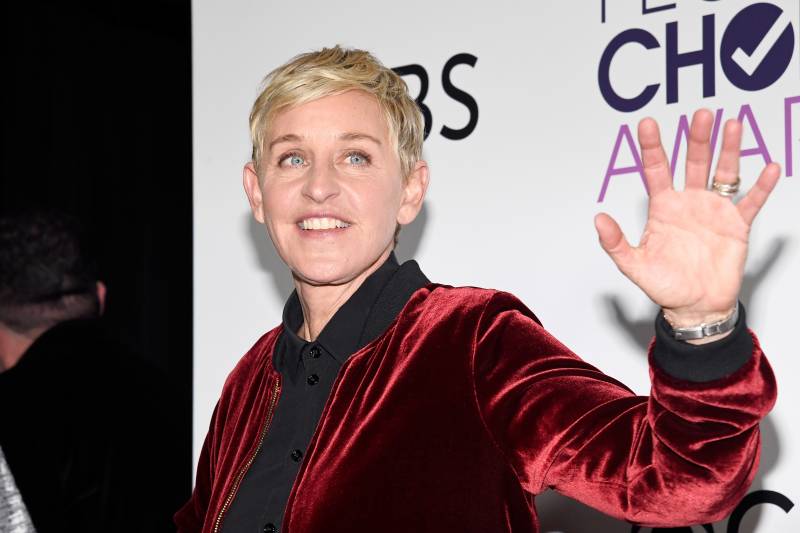“In sharp contrast to her public image as everyone’s good friend, happy to listen, she presents herself—with tongue in cheek—as cartoonishly aloof and indifferent, stuck in a privileged bubble, cracking several jokes, for instance, about her fabulous wealth,” The New York Times wrote in a profile of DeGeneres. In the article, her wife, actress Portia de Rossi, encouraged her to move away from her talk show. “I just think she’s such a brilliant actress and stand-up that it doesn’t have to be this talk show for her creativity,” de Rossi said. “There are other things she could tackle.” But DeGeneres said her brother, and Warner Brothers executives, urged her to stay on, saying the audience needed her positivity on TV every day. She signed a new contract.
But last year, former and current staffers who remained anonymous claimed that the show was a toxic workplace. They told Buzzfeed they experienced racist comments, fear and intimidation on set, and some alleged they were sexually harassed by the show’s producers. WarnerMedia investigated, and fired three of the show’s executive producers and the head writer. DeGeneres, who based her persona on urging people to “be kind,” apologized to her staff. In a memo, she wrote that “she intended for her show to be a place where ‘no one would ever raise their voice, and everyone would be treated with respect.”
She opened her 18th season in September with an apology to her audience. “I learned that things happened here that never should have happened. I take that very seriously,” she said. “I know that I’m in a position of privilege and power, and I realize that with that comes responsibility, and I take responsibility for what happens at my show.”

9(MDAxOTAwOTE4MDEyMTkxMDAzNjczZDljZA004))

